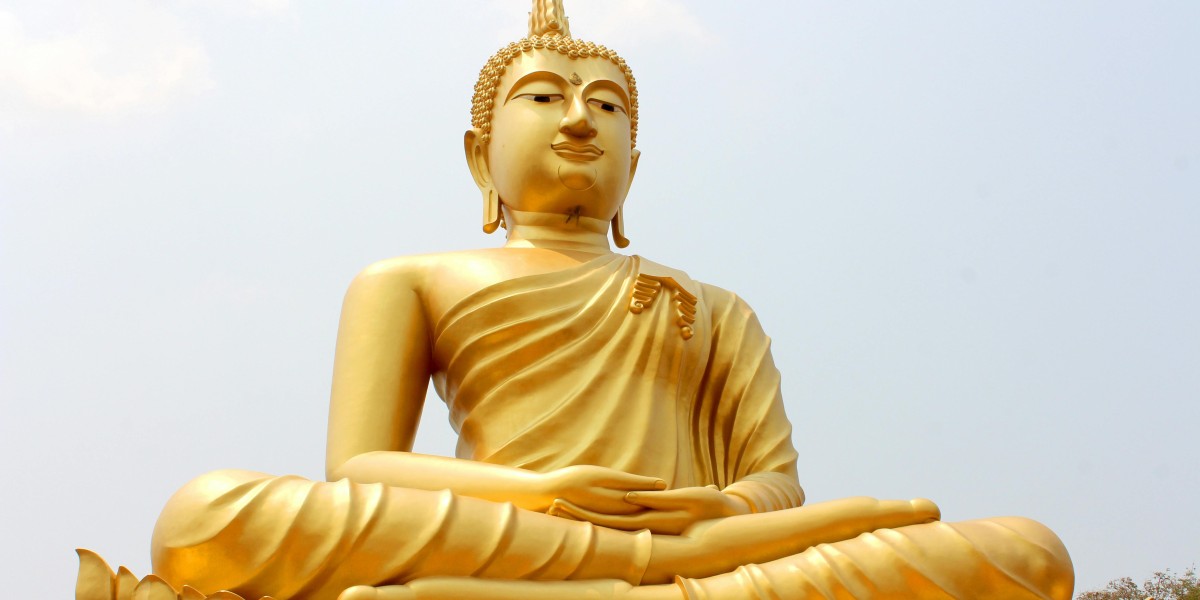India, the birthplace of Buddhism, is home to some of the most revered and visually stunning monasteries in the world. Buddhist Monasteries in India are not just spiritual centers—they are living museums of art, culture, and philosophy. From the snow-clad peaks of Ladakh to the lush valleys of Sikkim and the ancient ruins of Bihar, these monasteries invite seekers, scholars, and travelers to experience the essence of Buddhist life.
Whether you're meditating under prayer flags or exploring intricate murals, each monastery offers a unique journey into mindfulness and history.
1. Tawang Monastery, Arunachal Pradesh
Largest monastery in India, second-largest in Asia
Founded in the 17th century by Merak Lama Lodre Gyatso
Houses a massive gilded statue of Lord Buddha
Offers panoramic views of the Tawang Valley
Tawang is a spiritual and architectural marvel in the Eastern Himalayas.
2. Hemis Monastery, Ladakh
Famous for the Hemis Festival honoring Guru Padmasambhava
Rich in ancient thangkas, murals, and scriptures
Located in a scenic gorge surrounded by mountains
Belongs to the Drukpa lineage of Tibetan Buddhism
Hemis is Ladakh’s largest and most vibrant monastery.
3. Rumtek Monastery, Sikkim
Seat of the Karmapa, head of the Karma Kagyu lineage
Features a Golden Stupa and Dharma Chakra Centre
Surrounded by lush hills and peaceful ambiance
Hosts annual rituals and teachings
Rumtek is a spiritual and architectural gem in Northeast India.
4. Thiksey Monastery, Ladakh
Resembles the Potala Palace in Lhasa
Houses a 15-meter-high statue of Maitreya Buddha
Offers stunning sunrise views over the Indus Valley
Active center for monastic education and rituals
Thiksey is ideal for photography and spiritual immersion.
5. Namgyal Monastery, Dharamshala
Personal monastery of the Dalai Lama
Located within the Tsuglagkhang Complex
Hosts teachings, debates, and meditation sessions
Welcomes visitors for spiritual retreats
Namgyal is a vibrant hub of Tibetan Buddhism in India.
6. Ghoom Monastery, Darjeeling
Oldest Tibetan Buddhist monastery in Darjeeling
Houses a 15-foot statue of Maitreya Buddha
Belongs to the Gelug school of Tibetan Buddhism
Offers peaceful views and cultural insights
Ghoom is perfect for quiet reflection and local exploration.
7. Mindrolling Monastery, Dehradun
One of the six major Nyingma monasteries
Features a 190-foot-high stupa and beautiful gardens
Offers teachings, retreats, and cultural programs
Open to visitors and students of Buddhism
Mindrolling blends spiritual depth with architectural elegance.
8. Mahabodhi Monastery, Bodh Gaya
Located near the Mahabodhi Temple, where Buddha attained enlightenment
Hosts international Buddhist communities
Offers meditation programs and teachings
Peaceful setting for pilgrims and travelers
Bodh Gaya is the heart of Buddhist pilgrimage in India.
Travel Tips for Visiting Buddhist Monasteries in India
Best Time to Visit: March to June and September to November
Etiquette: Dress modestly, remove shoes, and maintain silence
Stay Options: Some monasteries offer guest stays or retreats
Photography: Allowed in many places, but ask for permission
Conclusion: Why Buddhist Monasteries in India Are More Than Just Sacred Sites
These monasteries are living embodiments of peace, wisdom, and resilience. From chanting monks to ancient scriptures, Buddhist Monasteries in India offer a journey that nourishes the soul and deepens your understanding of life.
Whether you're seeking spiritual growth, cultural insight, or simply a quiet escape, these sacred spaces welcome you with open arms and timeless teachings.







